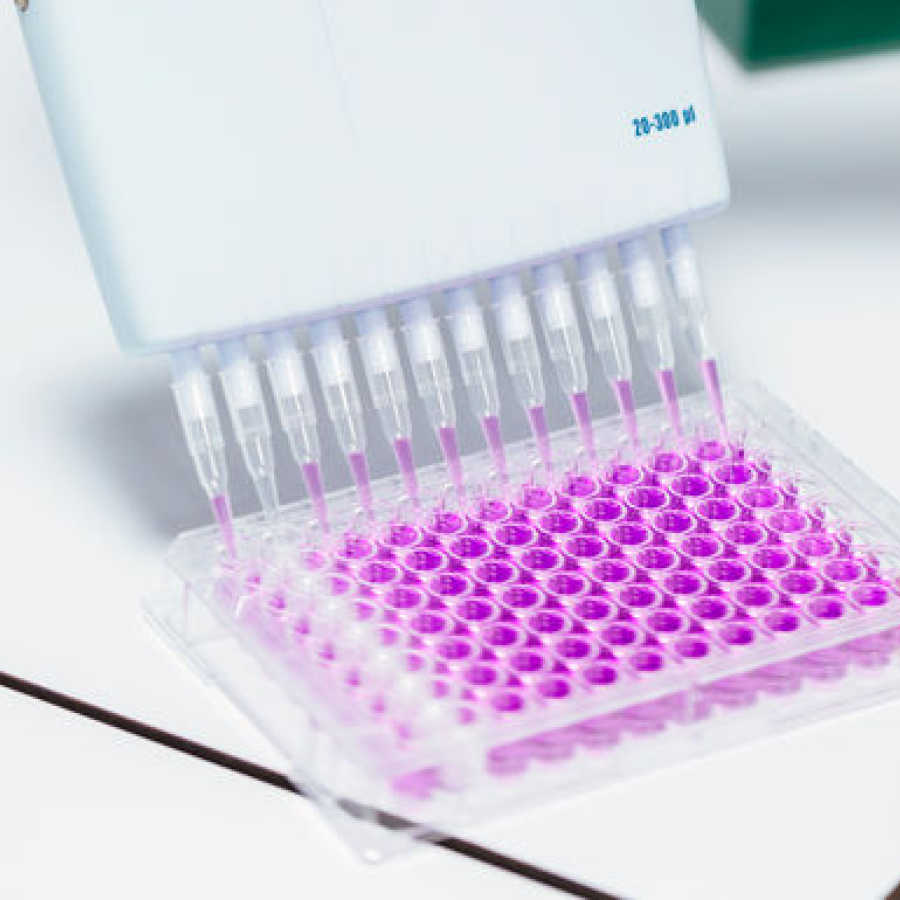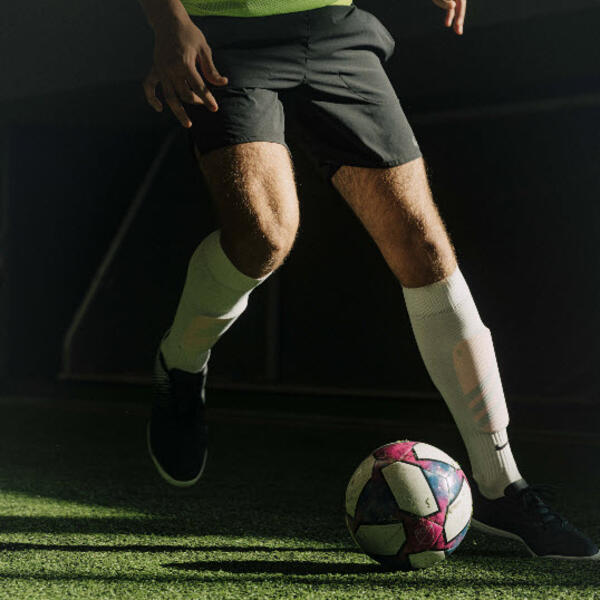Releases
WADA suspends accreditation of New Delhi Laboratory for another period of up to six months

The World Anti-Doping Agency (WADA) has suspended the accreditation of the National Dope Testing Laboratory (NDTL) in New Delhi, India, for a second period of up to six months.
An original six-month suspension was imposed in August 2019 due to non-conformities with the International Standard for Laboratories (ISL) identified during a WADA site visit, including in relation to the laboratory’s isotope ratio mass spectrometry (GC/C/IRMS) analytical method, as regulated by the relevant WADA Technical Document (TD2016IRMS).
In February 2020, when the six-month suspension period elapsed and some outstanding non-conformities had not been addressed successfully, WADA’s Laboratory Expert Group (LabEG) recommended the initiation of further disciplinary proceedings against the laboratory based on the outstanding non-conformities. These disciplinary proceedings were carried out by an independent Disciplinary Committee that was mandated to make a recommendation to the Chair of the WADA Executive Committee regarding the status of the NDTL’s accreditation, while the laboratory remained suspended. The disciplinary process is now complete and the second six-month suspension began on 17 July 2020.
Pursuant to Article 13.7 of the World Anti-Doping Code, the NDTL may appeal this decision to the Court of Arbitration for Sport within 21 days of receipt of notice.
The suspension prohibits the NDTL from carrying out any anti-doping activities, including all analyses of urine and blood samples. During the period of suspension, if the laboratory satisfies the LabEG in meeting the requirements, it may apply for reinstatement prior to the expiry of the six-month suspension period. Should the laboratory not address the non-conformities by the end of the six-month suspension period, WADA may extend the suspension of the laboratory’s accreditation for up to an additional six months.
In accordance with the ISL, WADA is responsible for accrediting and re-accrediting anti-doping laboratories, thereby ensuring that they maintain the highest quality standards. This monitoring process is conducted in conjunction with International Organization for Standardization (ISO) assessment by independent national accreditation bodies that are full members of the International Laboratory Accreditation Cooperation (ILAC).

